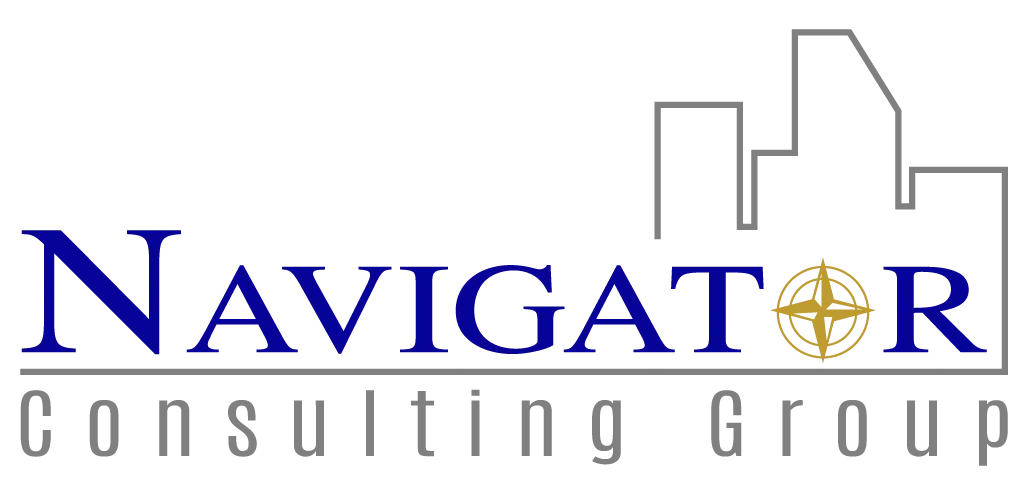Leasing 101: The 10 commandments of office leasing
Although not divinely authored, these commandments will help you obtain office space on the best terms and conditions.
- INFORMATION IS LEVERAGE It is easy to renew an office lease…too easy. Overcome normal complacency when renewing your office lease by learning what other landlords are offering. Know where ‘deals are really being made,’ i.e., base rent, amount of free rent, escalations, value and scope of work letters, etc.
- THROW A WIDE NET Be open minded…expand your target area to discover all the alternatives. This will increase the probability of finding an office building that will best satisfy your operating and budgetary needs.
- DEVELOP A TEAM Landlords have a team of experts that include property managers, lawyers, architects and engineers to help them. So should you! Build your own team of experts by reaching out to experienced real estate professionals especially a broker-consultant and attorney. If the size and complexity of your office space warrants a space planner, adding them to your team would be a sound investment.
- FIRST IMPRESSIONS ARE IMPORTANT Initial impressions lead to subjective judgments about a tenant’s credit worthiness, especially when a landlord decides on the amount and type of security deposit. Accordingly, when meeting a landlord, always place your organization in the best possible light by offering professionally prepared PR materials.
- CREATE COMPETITION FOR YOUR TENANCY Landlords will only sharpen their pencils when they fear losing a quality tenant…to another landlord. Play the field! Seek 2 or 3 leasing proposals from different landlords.
- ASSESS ALL LANDLORD REPRESENTATIONS Revisit the building and ask other tenants about management’s response time; building cleanliness; heating and air-conditioning reliability; parking availability; building security, etc.
- CONFIRM ALL BUSINESS ISSUES BEFORE REQUESTING A LEASE Before a lease is drafted…both parties should clearly understand and confirm all ‘business issues’ via a letter of understanding. Once you have a lease in hand, the focus of the review should be on legal…not financial terms. Remember, “A verbal contract isn’t worth the paper it is written on.” Samuel Goldwyn
- BE READY TO WALK Have an alternative! If the landlord is difficult during negotiations, imagine what this experience might foreshadow over the next 5 or more years! Keep in mind, “Never fall in love with an office building; it will never love you back.”
- DO NOT OVER LOOK THE WORK LETTER A common and expensive mistake is failing to negotiate the work letter portion of the lease, which is the scope and quality of materials the landlord will use to build your office space. If not properly negotiated, you will pay a premium for every change order and/or upgrade.
- KNOW WHEN TO STOP NEGOIATING Beating the landlord to the last nickel creates animosity. In turn, this can generate retaliation, especially when you need to make ‘field changes’ to the work letter or have to ask a ‘favor’ during the lease term. You and the landlord need not be friends, just business associates sharing mutual interests.




